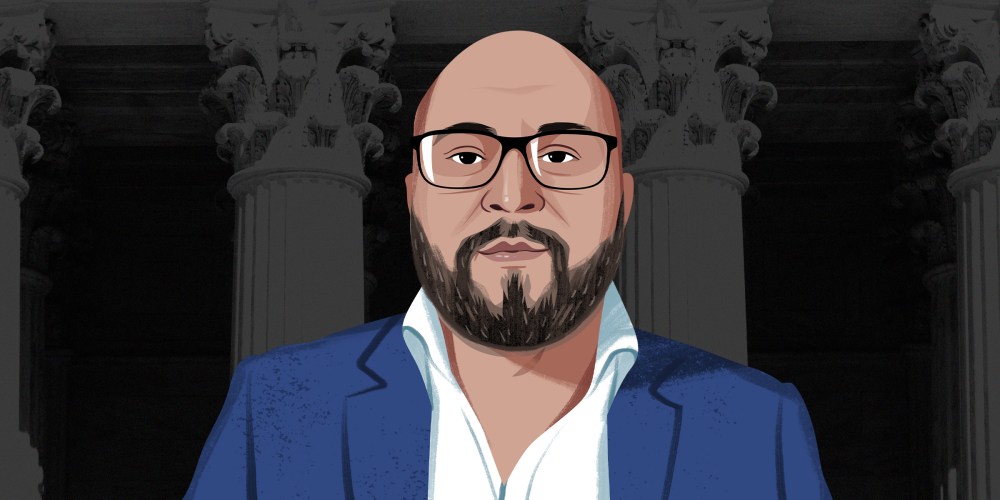“A new prosecutor has been named in the Georgia 2020 voter fraud case against Donald Trump. If the prosecutor decides to continue to prosecute this case, must it wait until Mr. Trump is out of office, or can it proceed sooner?” — Scott
Hi Scott,
Don’t expect the president to stand trial while he’s in office.
But his co-defendants could — that is, if the case makes it that far against any of them who haven’t pleaded guilty already or won’t plead guilty before such a trial would occur.
So, Donald Trump being in office wouldn’t freeze the case against all defendants, but it would likely freeze it against him to the extent that he wants to keep it paused during his presidency. He may still try to push for the case’s dismissal pretrial, while maintaining that he shouldn’t stand trial in office if those dismissal efforts fail.
After Trump won the 2024 election, his federal criminal cases went away due to the Justice Department policy against prosecuting sitting presidents. That’s a federal policy, not a state policy, but its rationale could still prevent a state trial against a sitting president. As is true of much Trump-spawned litigation, it’s an unprecedented legal issue.
It arose briefly in the Georgia case before Trump won the election. When the presiding judge broached the subject in planning a possible trial, his Georgia lawyer, Steve Sadow, signaled that he was prepared to argue that even a state trial against a sitting president would be improper. I’d expect the courts to agree if it came to it.
Stepping back and looking at the Georgia case overall, its fate is unclear, not only as to Trump but as to all remaining defendants. As you note, a new prosecutor has taken over, following Fulton County District Attorney Fani Willis’ disqualification. But it wasn’t assigned to a new regular prosecutor’s office. Indeed, no other office would take the case.
Reassignment fell to a Georgia state panel tasked with doling out cases when there are conflicts, such as the one that Willis’ disqualification presented. Unable to find any takers for the sprawling case against the president and other high-profile figures, the head of the panel, Peter Skandalakis, said he would keep it himself. That has the short-term effect of preventing an automatic dismissal. But the longer-term effects are unknown.
Skandalakis has different options for how to proceed. He could go full steam ahead, as Willis intended. He could withdraw the case completely, as Trump hopes. He could narrow the charges or drop them against some defendants while pursuing others.














